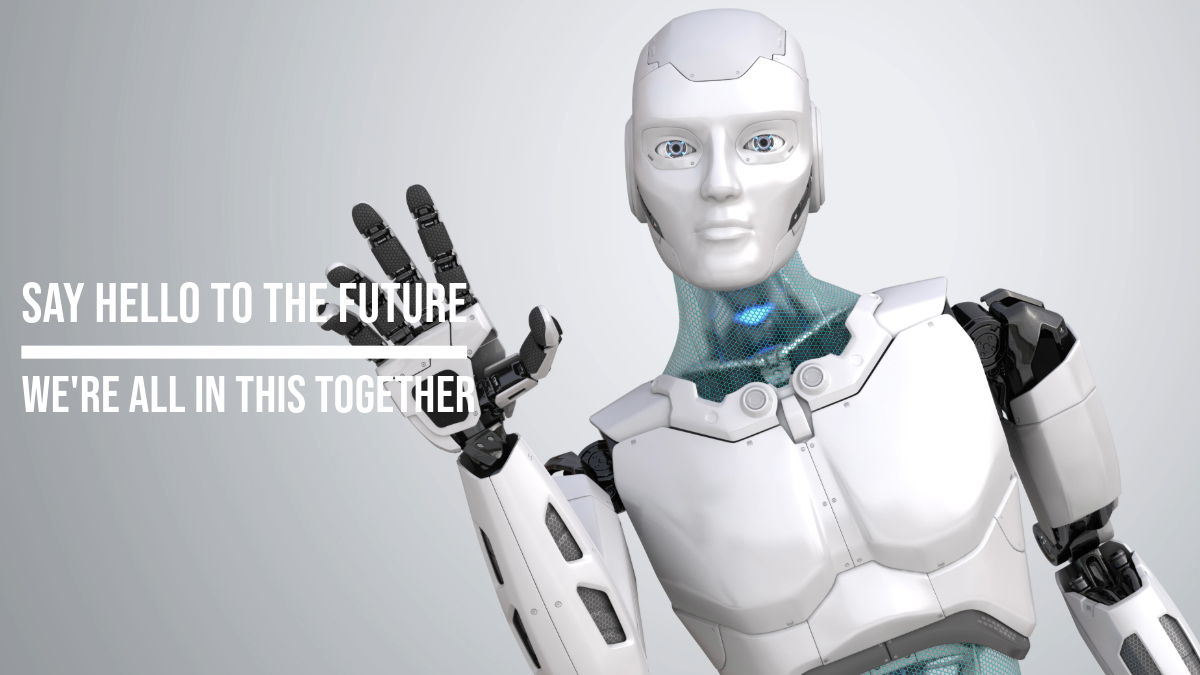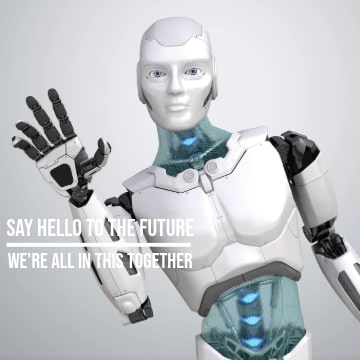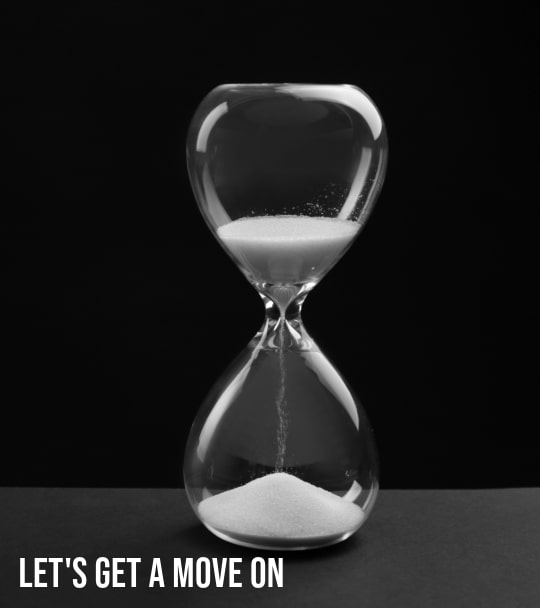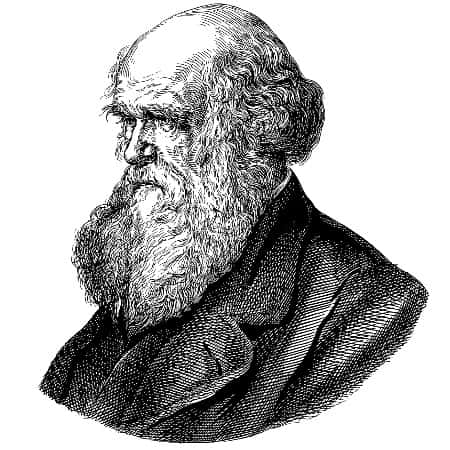

The Future: It’s Our Choice
Old certainties are disappearing all around us as we enter a time of rapid and profound technological, political, economic, environmental, institutional and social change. Indeed, advances in Artificial Intelligence, bioengineering, genomics and brain computer interfaces will probably even change what it is like to be human.
Individually and collectively, personally and professionally, in our workplaces and in our homes, we need new answers if we are to thrive. This requires an unprecedented level of innovation, flexibility, imagination and creativity to build a future which works for all of us.
It also means we need to discover a new level of agency – the belief in our ability to make a difference – as our actions and choices depend upon it.
Our brains are capable of both the most sublime achievements in arts and sciences, as well as the most numbing cruelty and destruction. How we choose to use them will determine our individual and collective futures.
Unlocking Creativity and innovation

The remarkable developments in cognitive neurosciences (and related disciplines) demonstrate just how powerful and flexible our evolutionarily developed brains really are.
Armed with this knowledge, we can incubate and foster our brains to explore the world in more creative fashion, rather than purely relying on our existing ways of doing things.
We can’t come up with the new ideas in your area of expertise. That’s your job.
What we can do is share simple, practical and powerful tools and techniques to understand and expand the way you think (metacognition). In doing so, you open up new possibilities to see, think and act differently.
Allow yourself to be surprised at just how astonishing your brain really is.
Our Evolutionary Brains

Charles Darwin: Author of humanity’s biggest idea?
WISE WORDS…
“The truly embodied mind I envision, however, does not relinquish its most refined levels of operation, those constituting its soul and spirit. From my perspective, it is just that soul and spirit, with all their dignity and human scale, are complex and unique states of an organism. Perhaps the most indispensable thing we can do as human beings, every day of our lives, is remind ourselves and others of our complexity, fragility, finiteness, and uniqueness. And this is of course the difficult job, is it not: to move the spirit from its nowhere pedestal to a somewhere place, while preserving its dignity and importance; to recognise its humble origin and vulnerability, yet still call upon its guidance. A difficult and indispensable job indeed…”
Antonio Damasio, Neuroscientist (Quote from Descartes’ Error)
Imagine an alien anthropologist observing the first Homo Sapiens some 300,000 years ago. What chances would they give this species to go to the moon, split the atom or change the planet’s climate? Or what about even earlier in the story of life? Say, the first single-celled organisms some 4 billion years ago – could this first life evolve into all the complex life that exists, from trees to bees and from fungi to Fred Next Door?
Well, through the process of evolution, that’s the astonishing story of what has happened – Darwin’s Acid.
While advanced cognition is the prime reason why humans have become the dominant species on our planet, this is an incredibly recent phenomena in the evolution of life. If you compressed the 4.5 billion year history of the earth into a 24 hour period, the first life would have emerged about 20 hours ago, the first hominid brain about 2.5 minutes ago and the modern human brain about 3 seconds before midnight. You’d need the accuracy of an atomic clock to show when our post-scientific revolution, rational brains came into play or when ChatGPT was invented.
This advanced cognition has not simply replaced the billions of years of evolution from which we have emerged. Our brains are not separate from our bodies or even ‘connected to’ them. Rather, they are embodied within us – the living organism – in order to help us survive in the world.
All this has very practical consequences, as our deep biology is the architect of our brain and its functions, wiring and processes: memories helped our (pre-human) ancestors learn where food and predators lay, emotions drove actions, feelings were a shortcut to judge the overall state of the organism, imagination helped us to create alternative scenarios without having to place ourselves in harm’s way, etc., etc. That we can now repurpose our memories to regale our grandchildren with heroic stories of our youth, express our emotions in emojis, experience feelings in the tingling in our spines as we listen to music or imagine a 5 year strategic plan does not detract from their adaptive origins. Indeed, it is precisely by understanding their origins and how they work which allows us to take ownership of and leverage them. That is, while we are not prisoners of our biology, we would be well-advised to work with, rather than against, it.
But understanding our brains in the framework of evolution not only empowers us to take more control over our thoughts and actions. It also places humans – us living organisms – firmly in nature; exactly where we belong.
It is by understanding and using our brains, that we as humans might just surprise ourselves and our alien anthropologist by discovering ways to create a future for all of us.
Ben Elers, Founder
c.30 years working in the private sector, not-for-profit organisations and as a consultant and business owner.
Have worked with leading companies, governments, international organisations and community groups around the world.
Led numerous workshops and processes throughout the world on strategic planning, organisational development, project management, team building, etc.
International profile, having lived and worked in Asia, Europe and Africa.

Ben Elers, Founder

